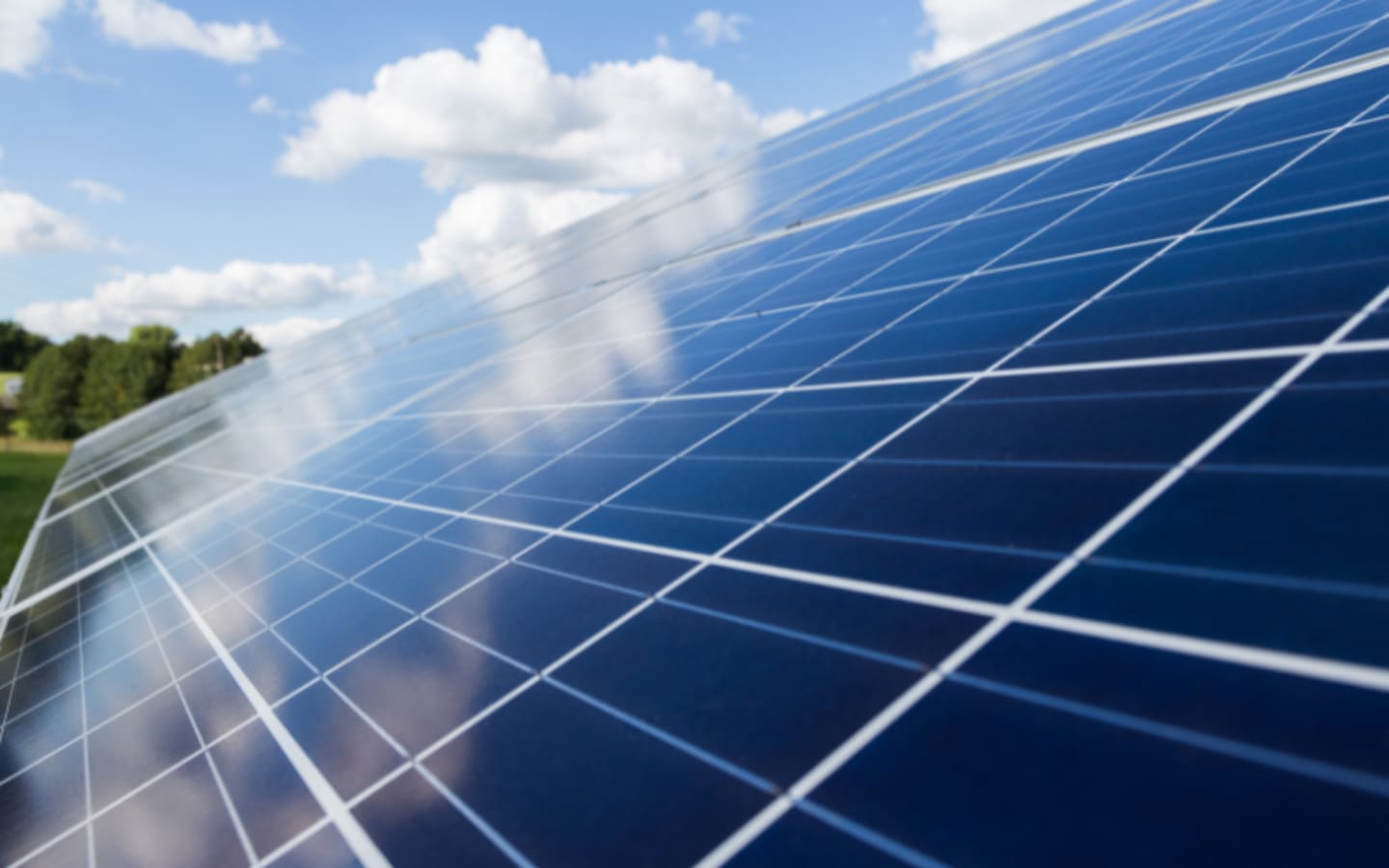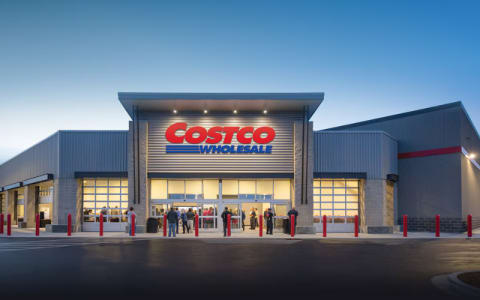In a world where blackouts can kill a day's business and energy bills keep climbing, one giant retailer is taking matters into its own hands. Costco has flipped the switch on a new way to run part of its operations, powering its tire center in Norwalk, Connecticut, completely off the grid. No more relying on the local utility company for juice—this setup uses solar panels and big batteries to generate and store all the electricity needed right there on site.
The system cranks out up to 2 megawatt-hours of power every day, which is plenty to keep the tire center humming. That means air tools for changing tires, lights to see what you're doing, and everything else runs smooth without a hitch from the outside world. It's a smart play in today's America, where the power grid is getting hammered by all sorts of demands. Think about those massive data centers sucking up energy for AI tech, the push for more electric vehicle charging stations everywhere, and the fact that a lot of our infrastructure is just plain old and wearing out. Businesses like Costco are looking ahead, figuring out how to dodge higher costs, avoid getting bottlenecked when demand spikes, and stay ahead of whatever new rules might come down the pike about energy use.
This isn't just some green PR stunt for Costco. It's about turning energy from something that drains the budget into a real tool that strengthens the whole operation. Shay Reed, who's the assistant general merchandising manager at Costco, puts it straight: "Energy should be treated as a necessary, finite resource as opposed to an expense or balance sheet charge. Our work with Trinity shows how energy can become a real asset that secures our operations, aligns with our sustainability goals, and reduces risk. This partnership is helping us lead the way toward greater energy independence."
Picture this: You're at the tire center getting new rubber on your truck, and a storm knocks out power to the neighborhood. At a regular shop, everything grinds to a halt—no air compressors, no lights, customers walking away frustrated. But at this Costco spot, it's business as usual because they've got their own power plant tucked away. That keeps the cash register ringing and customers happy, no matter what the weather or the grid throws at them. It's the kind of reliability that makes sense for any guy who's run a business or even just managed a household budget. Why risk losing money to outages when you can lock in your own supply?
The brains behind this setup come from Trinity Energy, a company out of Washington state that's building these self-contained power systems for all kinds of outfits. They call it a microgrid, but don't let the name fool you—it's basically a plug-and-play energy kit that combines solar panels for catching the sun's rays, batteries to stash the extra power, inverters to convert it all to usable electricity, and smart software that runs the show. The software is like the quarterback, constantly adjusting how much power gets made, stored, or used to keep things efficient and avoid waste.
What really stands out is how quick and painless Trinity makes the whole thing. Forget waiting months or years to hook up to the utility grid, dealing with endless permits and red tape. These systems are modular, meaning you can snap them together like building blocks and scale them up as needed. They're not just for big-box stores like Costco; Trinity's gear works for warehouses in logistics, apartment complexes, hotels, and more. It's built tough, with a focus on testing everything to make sure it performs when it counts.
Tim Owen, the chief operating officer at Trinity, explains their approach: "By integrating our advanced hardware and software into a single, cohesive solution, we guarantee customers an intelligent, proven, and rigorously tested renewable energy system designed to meet their current and future energy needs." In plain English, that means they're not selling pie-in-the-sky ideas—they deliver something that works right out of the box and keeps working as your needs change.
For a company like Costco, which prides itself on no-nonsense value and keeping things running for members, this move checks all the boxes. It's about locking in stability for the long haul, especially as energy gets trickier across the country. Remember those rolling blackouts in California or the big freeze in Texas that left folks in the dark? Stuff like that hits businesses hard, and with more tech and EVs piling on, it's only going to get tougher. By going off-grid for key parts like the tire center, Costco's showing how to build a buffer against all that chaos.
This could be the start of something bigger. If a powerhouse like Costco sees the upside in treating energy as an asset—something you control and invest in rather than just pay for—other companies might follow suit. Imagine your local hardware store or auto shop doing the same, cutting ties with unreliable utilities and saving bucks in the process. It's not about going full survivalist; it's practical smarts for tough times.
At the end of the day, Costco's Norwalk tire center is a real-world example of how businesses can step up their game on power. With Trinity's help, they've created a setup that's reliable, cost-effective, and ready for whatever comes next. For anyone who's tired of skyrocketing bills or surprise outages, it's a reminder that energy independence isn't just a buzzword—it's a solid strategy for staying ahead.





